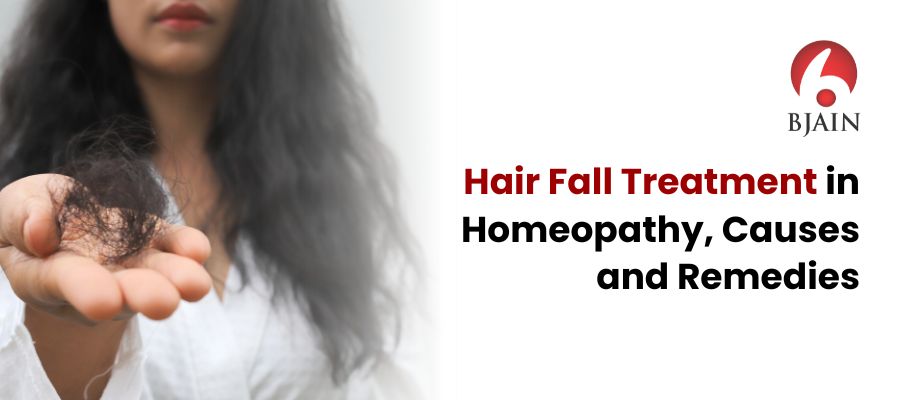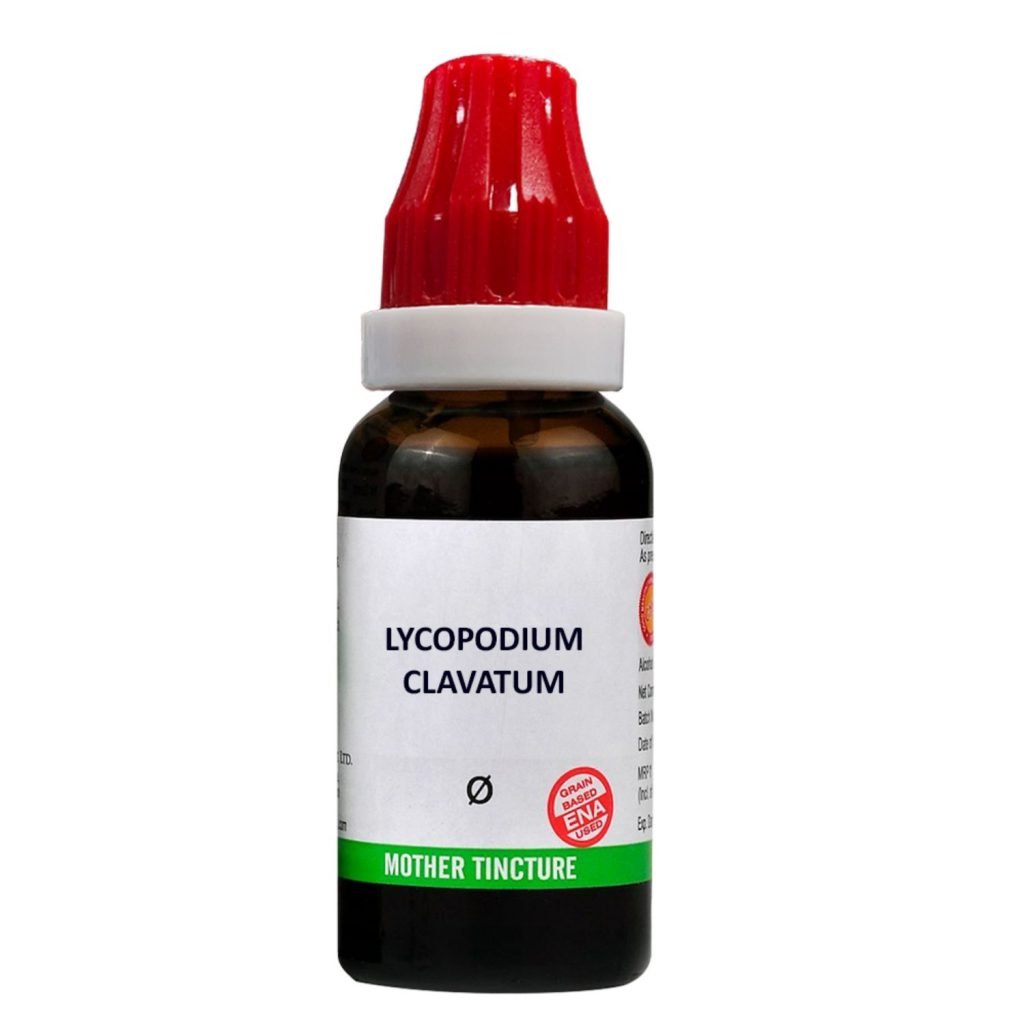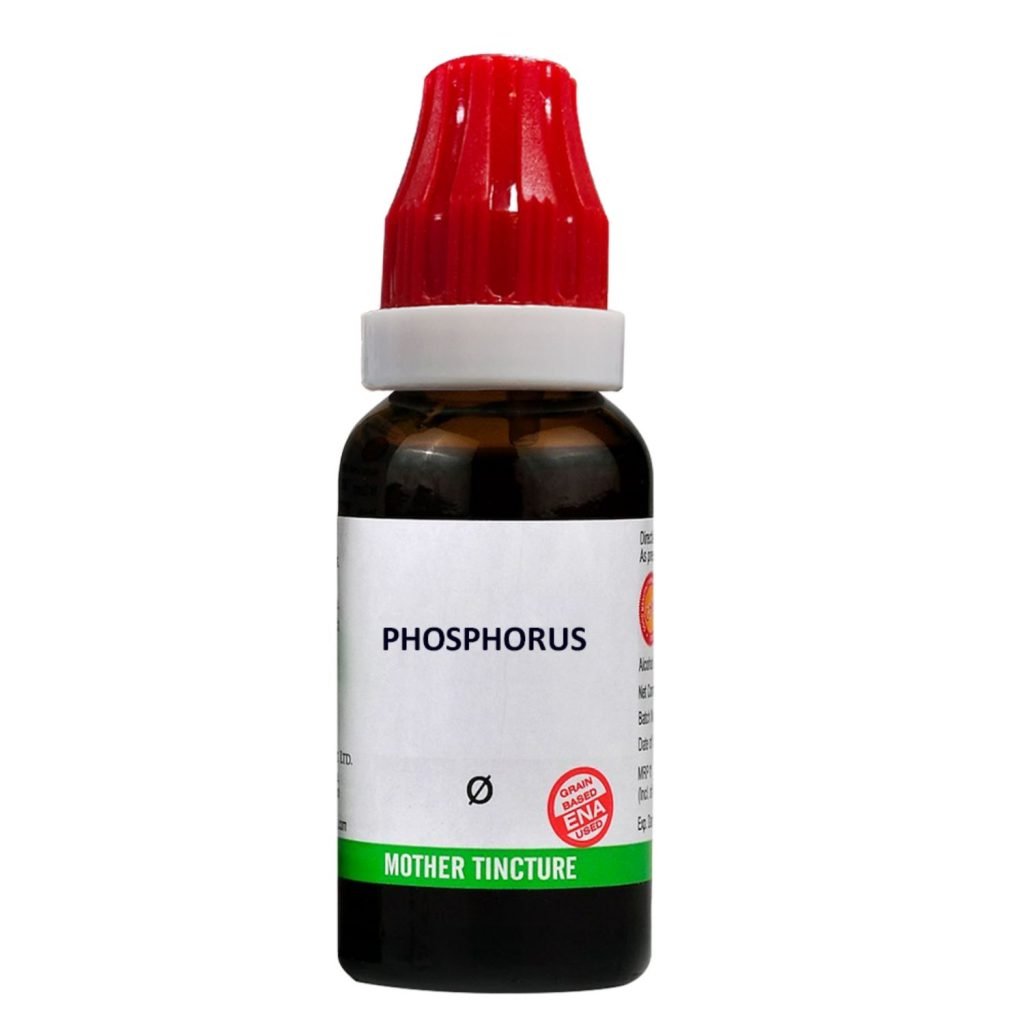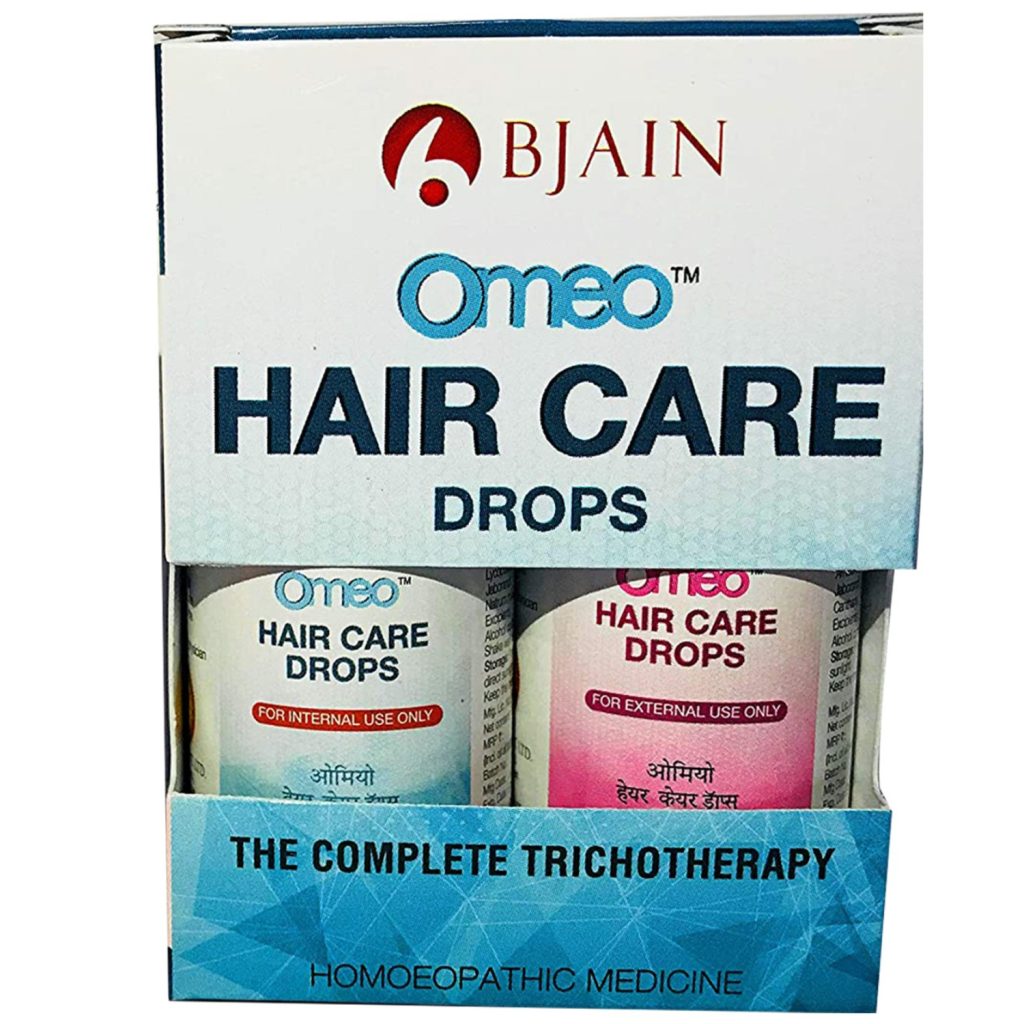The majority of healthy individuals shed up to 100 hairs every day. New hair ends grow and replace the ones you lose in the course of your hair’s growth pattern.
Alopecia (hair loss) is the term used to describe the disorder when you begin to lose more hair and either none or very few grow back. Hair loss comes in a variety of forms and can impact youngsters as well as adults of both sexes. You can experience hair loss from both your body and your head.
What are the different types of Hair fall?
While some forms of hair fall are transient, others are irreversible. The following are the most typical forms of hair loss:
Androgenic alopecia: This kind of genetic baldness, often known as female hair loss or male pattern baldness, can afflict anyone.
Alopecia areata: This autoimmune condition causes hair loss on the scalp and body.
Telogen effluvium: This kind of hair loss causes hair to fall out quickly. It usually occurs for a while after your body experiences an emotionally or physically taxing event. Abrupt changes in hormones can also cause it.
Anagen effluvium: Chemotherapy and other healthcare procedures can cause this extremely fast hair loss.
What are the causes of Hair fall?
There are numerous potential causes of hair loss. The most typical ones consist of:
- Hereditary hair loss due to heredity (parental genes).
- Scalp fungal diseases.
- Firmly pulled hairstyles (such tight ponytails, braids, or hair extensions).
- Hair care products that could be harmed by processing (such as bleach and perms).
- Hormonal shifts, including menopause, delivery, and pregnancy.
- Medical care (including chemotherapy and other drugs).
- Inadequacies in nutrition, particularly in iron or protein intake.
- Stressful situations (such as undergoing surgery or grieving a loved one).
- Thyroid.
What are the symptoms of Hair fall?
According to the type of hair fall and the underlying cause, people experience it in multiple manners. Typical signs and symptoms include:
- Male pattern baldness is characterized by a receding hairline.
- Hair loss in a female pattern is characterized by thinner hair throughout the head.
- Tiny spots of scalp hair loss.
- Loss of body and scalp hair.
Can Hair fall get complicated?
For lots of individuals, losing their hair, whether it’s temporary or permanent, can be stressful. Baldness may eventually result from certain forms of hair loss.
Protecting your scalp is crucial if you experience excessive hair loss. Apply sunscreen every day and cover your head with a hat, scarf, or other head protection when you’re in the sun. The likelihood of skin cancer is increased by sun exposure.
How can you prevent Hair fall?
While it is impossible to stop all forms of hair loss, there are things you can do to minimize loss and maintain healthy hair. In order to stop hair loss:
- Consume a balanced diet rich in iron, protein, and calories.
- Look for strategies to manage your stress.
- Treat thyroid issues and other illnesses that may cause hair loss.
- Steer clear of tightly pulled hairstyles.
How can Homeopathic medicines help with hair fall?
The goal of homeopathic treatments is to promote healthy hair development by re-establishing equilibrium and stimulating the body’s self-healing processes.
Silicea
Hair loss can be effectively managed with silica, a homeopathic remedy made from silica. It is frequently advised for people with scalp ailments, including dandruff and itching, since these problems can exacerbate hair loss. Silica creates a more favorable atmosphere for hair growth by resolving these scalp problems.
Lycopodium
A popular homoeopathic medicine for hair loss brought on by hormonal disorders or ageing is lycopodium. It is frequently prescribed to people who have weak hair, thinning hair, or early greying. Lycopodium improves hair growth by activating hair follicles and re-establishing hormonal balance.
Phosphorus
A useful homoeopathic medicine for alopecia areata-related hair loss is phosphorus. Patchy hair loss is the hallmark of this disorder, and phosphorus aids by improving blood flow to the hair roots. In the impacted areas, the increased blood flow promotes hair renewal, which helps to restore thickness and coverage.
Acidum fluoricum
It is a popular homoeopathic medicine for hair loss associated with excessive scalp oiliness. It treats ailments that might cause hair loss, include scalp acne and seborrhoeic dermatitis. By addressing these scalp problems, fluoric acid promotes a healthier scalp condition that stops additional hair loss and encourages hair growth.
BJain’s Omeo Hair care Drops (Combo)
Strong, healthy, and lustrous hair with a homeopathic speciality product. Omeo hair care drops are specifically made to address hair issues brought on by poor diet and exposure to stressful environments. When combined internally and externally, it improves the nutrition of hair and protects it from the damaging effects of dust, pollution, and stress.
Frequently Asked Questions (FAQs)
Q. 1 How effective is homeopathy for hair loss?
Ans – Homeopathy works effectively for every case of hair fall irrespective of the cause and helps stimulate new hair growth.
Q. 2 What is the best medicine for falling hair?
Ans – The best medicine for falling hair a combination of two things. First holistic homeopathic remedies and second wholesome diet. They both can work wonders and provide a perfect solution of your hair fall.
Q. 3 Which treatment is best for hair fall?
Ans – BJain’s Omeo Hair Care Combo Drops can be a good medicine. It can help reduce your hair fall significantly.
Q. 4 How to use Thuja 200 for hair loss?
Ans – Thuja 200 can also be used as a remedy for hair fall. Always consult a homeopathic physician before taking any homeopathic medicine.
Q. 5 How do I stop my hair from falling?
Ans – You can reduce your hair fall significantly with the use of homeopathic medicines and following a gentle hair care regime.
Q. 6 What is the main reason for hair fall?
Ans – There can be many reasons behind your hair fall ranging from genetics from stress. Finding out the exact cause can be crucial for management.
Q. 7 Is losing 200 hairs a day normal?
Ans – Losing up to 100 strands per day is considered normal but more than that should be considered as a problem. Always seek help for an active hair fall.

Dr Kiran Swami
Dr. Kiran Swami, BHMS, MD (Hom.), a Research Officer at BJain Pharmaceuticals Pvt. Ltd., holds degrees from Nehru Homeopathic Medical College, Delhi, and Dr. Sarvepalli Radhakrishnan Rajasthan Ayurved University, Jodhpur. With expertise in homeopathy and a passion for research, she drives innovation in holistic healthcare solutions.







